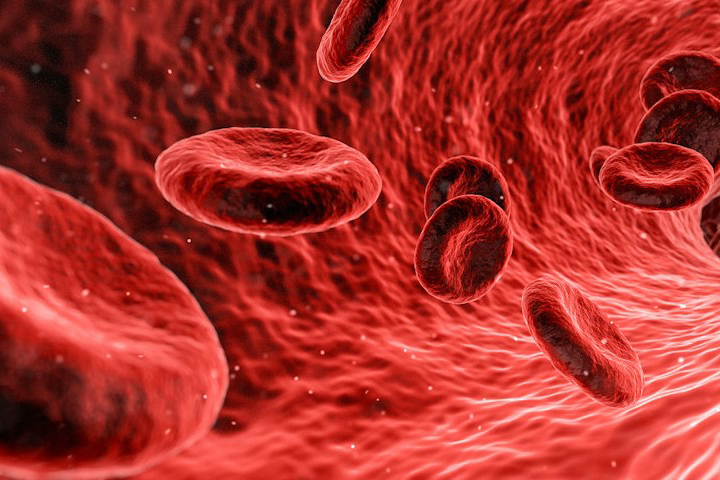Comparing Treatment Delivery Methods for Locally Advanced Pancreatic Cancer

Can chemotherapy that goes directly to the tumor slow or stop the progression of pancreatic cancer?
Scientists are comparing two different ways of delivering drugs to a patient’s tumor—through a vein or through an artery—in a clinical trial for newly diagnosed patients whose tumors cannot be surgically removed.
Intravenous Versus Intra-Arterial Treatment
Many chemotherapy drugs are given intravenously—they are administered through a vein, where they circulate throughout the entire body, as well as the tumor being treated. This is one reason why there are side effects that affect the whole body.
Intra-arterial chemotherapy delivers the drug directly to the tumor. To prepare for treatment, a catheter is threaded through an artery to the tumor. During treatment the chemotherapy drug goes through that catheter to straight to the tumor. This approach increases the amount of drug reaching the tumor while decreasing side effects, since the drug does not circulate as widely.
Starting the Trial
To participate in this clinical trial patients must be newly diagnosed with locally advanced pancreatic cancer that cannot be removed surgically. All participants will start standard treatment with intravenous (IV) gemcitabine and nab-paclitaxel, plus radiation therapy for four months. Gemcitabine is converted into two metabolites that cause cell death. One reduces the number of building blocks necessary to make DNA; the other shortens the DNA strands. Nab-paclitaxel inhibits cell division and promotes cell death. Patients who do well on this treatment will move to the next part of the trial.
Comparing Drug Delivery Methods
In the next part of the trial, patients will be assigned to two different groups. One will continue the IV gemcitabine and nab-paclitaxel combination. The other group will receive intra-arterial gemcitabine. Researchers are looking at which delivery method is more effective at treating the pancreatic cancer, as well as comparing side effects and quality of life during treatment.
We encourage you to consult your physicians for clinical trials that may be right for you. The website ClinicalTrials.gov provides more details about this trial as well as many others. You can visit the EmergingMed Trial Finder for a listing of all active pancreatic cancer clinical trials.





